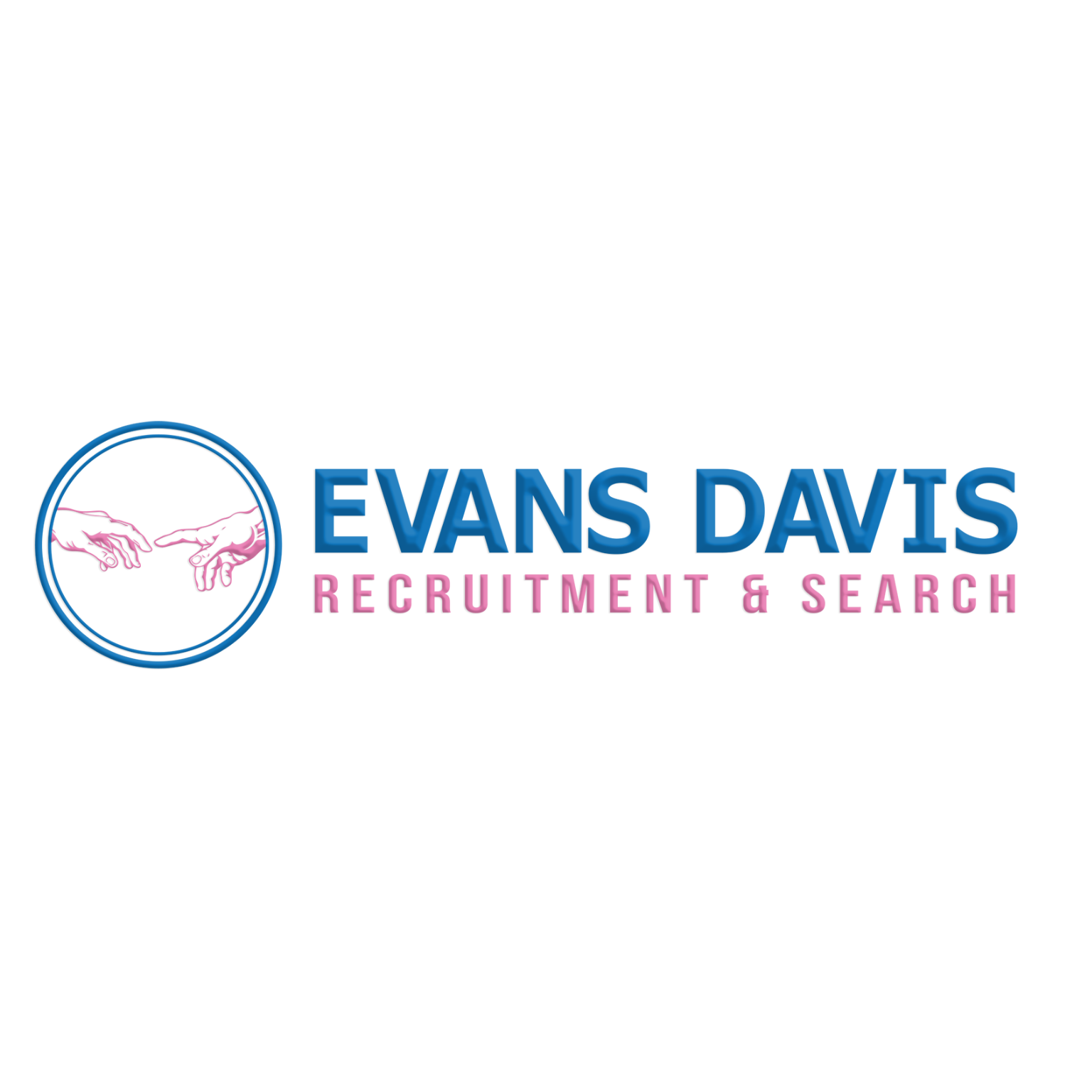Why it’s a good idea to be looking for a job when you’re not looking
Taking the time to periodically evaluate your employment situation, regardless of whether you are happy in your job, allows you to make well-informed career choices as and when they present themselves.
Some easy steps you can take to make sure you stay well informed and well prepared when an opportunity presents itself include:
- Speaking with your manager on a regular basis;
- Speaking with someone who has the job that you want;
- Updating your CV;
- Speaking with a recruiter;

Speaking with your manager on a regular basis
Good managers want to keep good people, so if you keep them informed that you are looking for a job in a certain position, you might be surprised by the types of opportunities that come up internally.
Questions you should be asking your manager regularly, not just in performance reviews, include:
- What do you think are the skill gaps between me and my next role?
- What do you need to see from me over the next 3, 6, and 12 months to make you believe I’m ready for that role?
- Realistically, if I were to address these points, what time frame would you expect that role would open up for me here?
- Obviously, there is a balance between ensuring you are exceeding your current role’s performance requirements and looking to the future.
The additional benefit of regularly having these conversations is that you will know exactly where you stand internally, allowing you to assess external opportunities better should they present themselves.
Speaking with someone who has the job you want
Where possible, if you are able to speak with someone who has the job you are looking for, it will:
- Give you an excellent basis for comparison between where you are now and where you need to get to;
- Allow you to understand the role itself better. It’s one thing to want to be a CFO, for example, and another thing to want to do the extra work;
- Help you manage your own expectations around time frames to achieve this goal;
Updating your CV
Regularly updating your CV is a good idea for the following reasons:
- It gets you thinking about what it is you have actually been doing for the past 12 months;
- There is less chance you will forget something important, and it will allow you to better evaluate each achievement on its merits rather than just what happened most recently;
- In preparing your CV, you are forced to think about your job, so it will help you prepare for both interviews and “off the cuff” internal conversations when asked why it is you think you are ready for your next position;
Speaking with a recruiter
Regularly speaking with one or two recruiters will help you:
- Evaluate which recruiters you want to use when you are ready to move;
- Understand the types of opportunities that are available to you in the market today and what will be available in future when you hit certain milestones, be it a professional qualification or completing a specific project;
- Help you determine your market value;
- Give you another point of reference to help gauge the differences between you and the people that are getting the roles you want;
Taking the time to do the above on a regular basis and before you start looking sets you up to get the most out of your job search for when you are ready to move.
Even better than this, because you will know exactly what you are looking for, you could get the job you want without ever feeling like you are “actively” looking.

